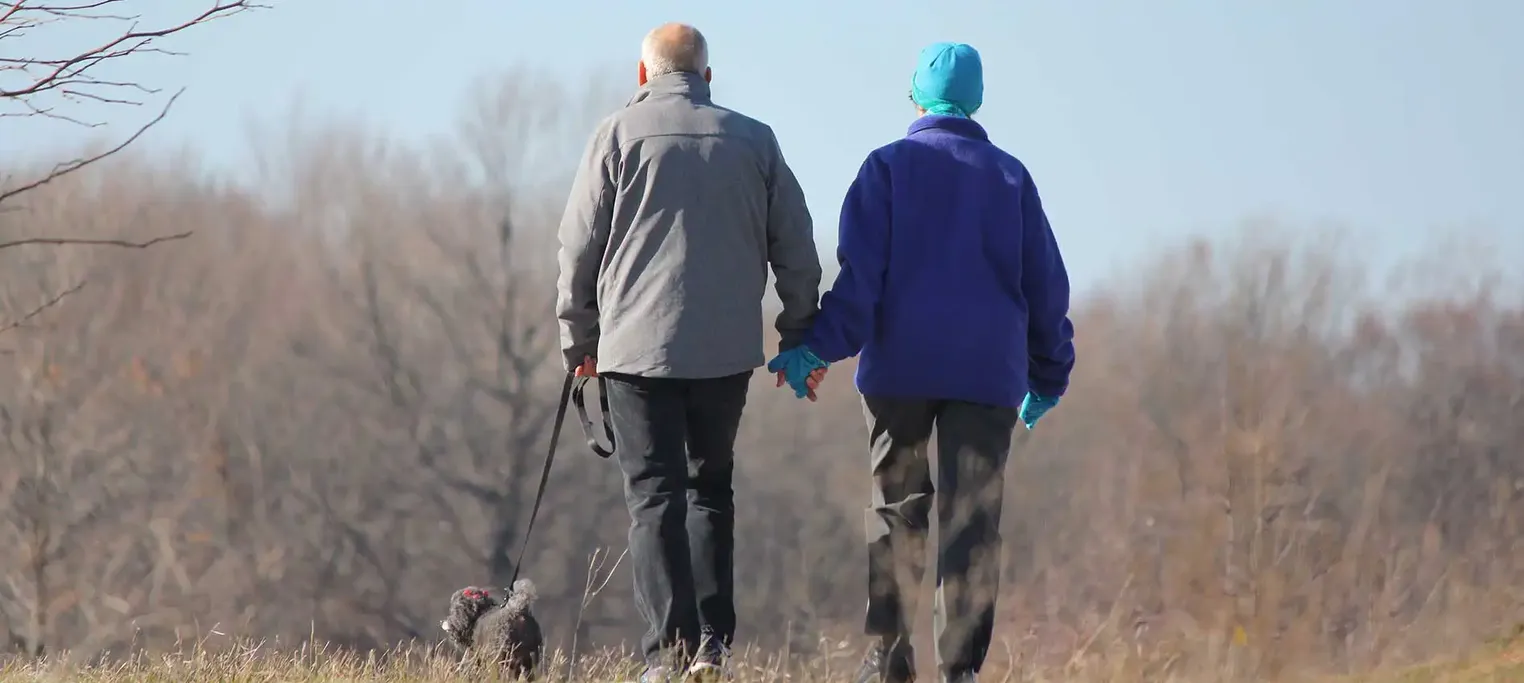June 1, 2021
Dementia and alcohol – is there a connection?

Most people associate dementia and diseases like Alzheimer’s with ageing. But the association between dementia and heavy long-term alcohol use is less known.1
Dementia refers to a range of symptoms and diseases that affect brain function. It’s the second leading cause of death in Australia, after heart disease.2
The causes of dementia are not fully known. However, ageing, smoking, high cholesterol and blood pressure, poor diet, cardiovascular disease and diabetes all increase your risk.1
Heavy and frequent alcohol use can cause many chronic health conditions, including Alzheimer’s disease, cancers, heart disease and diabetes. It can also cause alcohol-related dementia.3
How is alcohol linked to dementia?
Anyone who engages in heavy or binge drinking regularly, over a long time, can develop alcohol-related dementia.
It can affect men and women of any age, but is most common in men over the age of 45.1
Heavy drinking refers to drinking more than the maximum amount recommended by the Australian guidelines. The guidelines recommend healthy adults have no more than 10 standard drinks a week, with no more than 4 standard drinks on any one day.
The most common form of alcohol-related dementia is Wernicke-Korsakoff Syndrome (WKS). WKS is caused by a severe lack of thiamine (vitamin B1).4 Normally, we get enough vitamin B1 from our diet. However, heavy alcohol use can stop the body from absorbing and creating vitamin B1, which can lead to brain and nerve cell damage.5
What are the symptoms?
The symptoms of alcohol-related dementia are similar to other forms of dementia. They can vary from person-to-person but generally include:
- memory loss – day-to-day and long-term
- difficulty with problem solving
- mood and personality changes
- disorientation and confusion
- difficulty with learning new things
- problems with balance.2
Who’s at risk?
Many people think dementia is part of the normal ageing process – it’s not. But ageing is the main risk factor. As you get older, your chance of getting dementia increases, doubling every five years after age 65.6
Some groups of people are at greater risk for alcohol-related dementia and dementia in general. People with a family history of dementia, for example, are high risk.1
Aboriginal and Torres Strait Islander people
Existing health inequalities put Aboriginal and Torres Strait Islander people at increased risk of dementia, with higher rates of chronic diseases, and alcohol and tobacco use in Indigenous communities.7
Aboriginal and Torres Strait Islanders are three to five times more likely to develop dementia than non-Indigenous Australians, and this is likely under-reported.8
Dementia is viewed differently in Aboriginal and Torres Strait Islander communities. It’s not always seen as a medical condition. It can go undiagnosed and overlooked due to the many other chronic health issues Indigenous people face.9
The lack of culturally sensitive screening tools and delays in diagnosis mean Indigenous people with dementia and their families face barriers to accessing medical treatment, information and support.9
Is there a treatment or cure?
While there’s no cure, and most forms of dementia are irreversible,2 alcohol-related dementia is an exception.1
If the disease is diagnosed early enough, symptoms may be improved or reversed if the person stops drinking alcohol and starts replacing thiamine (vitamin B1) in the body.1
To reduce the risk of all health problems related to alcohol, the National Health and Medical Research Council of Australia recommends adults drink no more than 10 standard drinks per week.10
If you’re worried about a friend or family member who is experiencing memory problems, confusion and/or personality changes, take them to see their doctor or a medical professional.
Early dementia diagnosis can help the person and their family understand, manage and treat the condition.
For more information on dementia and alcohol-related dementia, visit Dementia Australia.
- Dementia Australia. Alcohol related dementia [cited: 9 May 2021].
- Australian Institute of Health Welfare. Dementia. Canberra: AIHW; 2020.
- Sabia S, Fayosse A, Dumurgier J, Dugravot A, Akbaraly T, Britton A, et al. Alcohol consumption and risk of dementia: 23 year follow-up of Whitehall II cohort study. BMJ. 2018;362:k2927.
- Ausmed. Wernicke-Korsakoff Syndrome (WKS) [cited: 19 May 2021].
- Martin PR, Singleton C, Hiller-Sturmhöfel S. The Role of Thiamine Deficiency in Alcoholic Brain Disease. Alcohol Research & Health. 2003;27:134 - 42.
- Welberry HJ, Brodaty H, Hsu B, Barbieri S, Jorm LR. Measuring dementia incidence within a cohort of 267,153 older Australians using routinely collected linked administrative data. Scientific Reports. 2020;10(1):8781.
- Wettasinghe PM, Allan W, Garvey G, Timbery A, Hoskins S, Veinovic M, et al. Older Aboriginal Australians' Health Concerns and Preferences for Healthy Ageing Programs. Int J Environ Res Public Health. 2020;17(20).
- Bradley K, Smith R, Hughson J-a, Atkinson D, Bessarab D, Flicker L, et al. Let’s CHAT (community health approaches to) dementia in Aboriginal and Torres Strait Islander communities: protocol for a stepped wedge cluster randomised controlled trial. BMC Health Services Research. 2020;20(1):208.
- Flicker L. Aboriginal and Torres Strait Islander people and dementia : a review of the research by Professor Leon Flicker and Kristen Holdsworth. Holdsworth K, Alzheimer's A, editors. [Canberra]: Alzheimer's Australia; 2014.
- Australian Research Council and Universities Australia. Australian Guidelines to Reduce Health Risks from Drinking Alcohol. National Health and Medical Research Council. Canberra Commonwealth of Australia; 2020.


